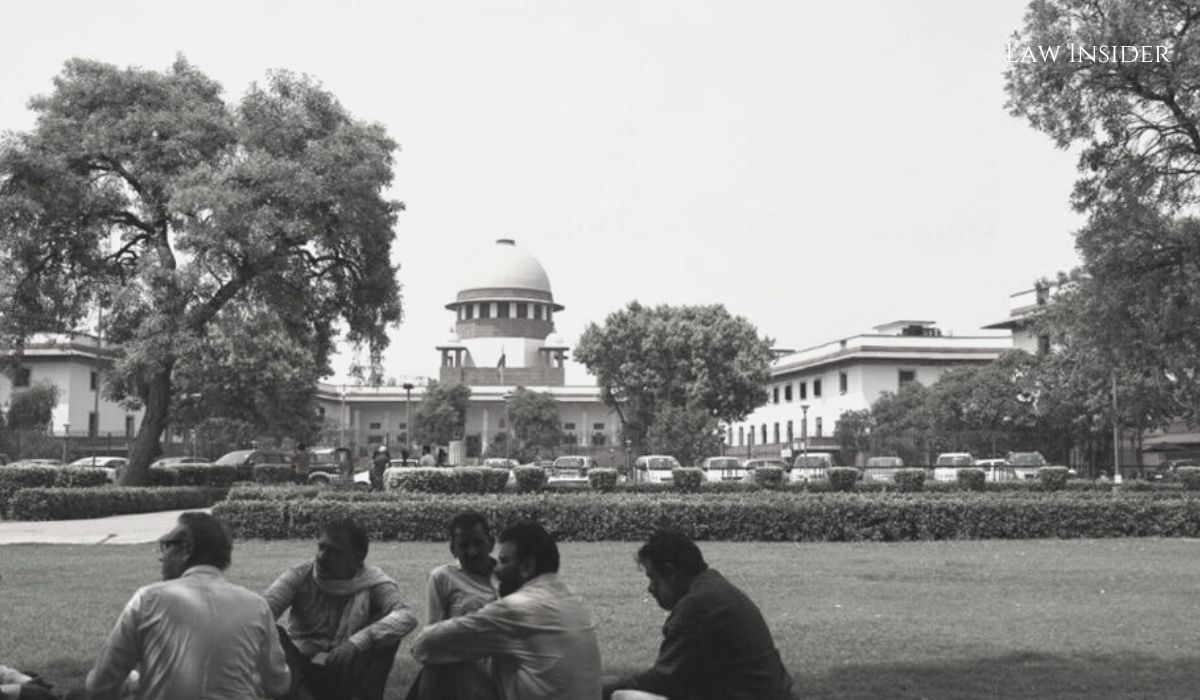Khushi Bajpai
Published on: September 29, 2022 at 22:12 IST
The Supreme Court ruled on Thursday that, in order to protect women from forced pregnancies, Marital rape must be regarded as falling under the definition of “rape” for the purposes of the Medical Termination of Pregnancy (MTP) Act [X vs. The Principal Secretary Health and Family Welfare Department, Delhi NCT Government and Anr.].
In spite of the Indian Penal Code’s exception for marital rape, a bench of Justices DY Chandrachud, AS Bopanna, and JB Pardiwala ruled that any pregnancy claimed by a pregnant woman to have been brought on by force constituted rape.
“The definition of “sexual assault” or “rape” under Rule 3B(a) (of MTP Rules) covers a husband’s act of sexual assault or rape performed on his wife, despite Exception 2 to Section 375 of the IPC 85.”
“Therefore, for the sole purpose of the MTP Act and any rules and regulations enacted thereunder, the term “rape” shall be deemed to include marital rape. Any alternative interpretation would force a woman to become pregnant and raise a kid with a partner who abuses her physically and mentally,” the bench kept watch.
The Court emphasized that married women could be counted among the surviving.
For the purposes of the MTP Act and any rules and regulations created under the Act, the Court emphasized that the definition of rape must be interpreted to include marital rape.
However, the Court made it clear that interpreting “rape” under the MTP Act and the rules to include marital rape has no bearing on whether Exception 2 to Section 375 of the India Penal Code (IPC) should be repealed or whether the parameters of the crime of rape as defined by the IPC should be altered.
The Court stated that it would leave the question of the constitutional validity to be resolved in that or any other appropriate procedure because the challenge to Exception 2 to Section 375 of the IPC is now being considered by a different Bench of this Court.
The MTP Act’s provisions permitting pregnancy termination beyond 20 weeks and up to 24 weeks cannot be denied to a woman simply because she is single, the court ruled in a judgment that made these points.
The three-judge panel ruled that the effects of an unintended pregnancy on a woman cannot be downplayed and that reproductive autonomy is strongly related to physical autonomy.
In a ruling from July, the Supreme Court had permitted an unmarried woman who became pregnant through consensual intercourse to terminate her 24-week-old fetus.
This led to the current legal dispute.
The Manipur-born appellant, who is now a resident of Delhi, filed a petition with the Delhi High Court as soon as she learned she was pregnant.
An unmarried woman who is carrying a child as a result of a consenting sexual encounter is not allowed to terminate a pregnancy after 20 weeks, according to the High Court, which denied the lady’s request for relief.
The woman then filed an appeal with the Supreme Court.
On July 21, the Supreme Court overruled the Delhi High Court’s judgment to deny the abortion permission.
While granting the petition, the Supreme Court noted that the High Court had interpreted the MTP Act and Rules in an excessively restrictive manner.
After approving the abortion, the court held additional hearings to discuss the application of the MTP Act and Rules before rendering its decision today.

